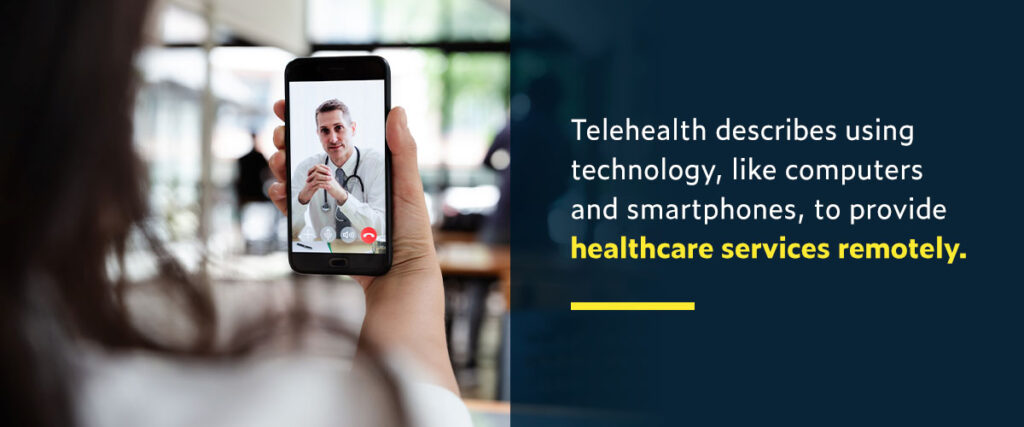The Increase of Subscription-Based Medical Care and Its Influence On Individual Care
As health care advances, the subscription-based model is obtaining grip, assuring to change client care by using predictability and ease of access. These models, which bypass traditional insurance policy, could redefine the patient-doctor dynamic, highlighting preventive and personalized care. Yet, as with any type of innovation, they provide challenges, specifically concerning fair gain access to for all socioeconomic groups. The possibility for these models to reshape healthcare delivery elevates pressing inquiries about their long-term sustainability and inclusivity. Are these registration solutions the future of healthcare, or do they run the risk of leaving susceptible populaces behind? The ins and outs of this shift warrant a better exam.
Comprehending Membership Medical Care Versions
Understanding the concept of subscription medical care versions involves taking a look at a transformative technique to medical services that stresses price and ease of access. These models, commonly referred to as straight key care (DPC) or attendant medicine, have actually become innovative alternatives to traditional fee-for-service healthcare systems. Subscription health care allows people to pay a fixed month-to-month or yearly cost for a specified set of clinical services, which may consist of endless office brows through, regular check-ups, and standard lab tests, without the need for conventional insurance policy payment.
The framework of registration medical care versions is made to simplify client treatment by eliminating third-party payers and complicated billing codes, thus decreasing administrative concerns. Medical care companies can concentrate extra on client treatment, cultivating more powerful patient-provider connections. This design additionally advertises preventative care by encouraging normal sees, as the financial barrier of per-visit charges is removed.
The membership model usually encourages doctor to take care of smaller individual panels, enabling even more personalized care. It lines up monetary incentives with person health and wellness outcomes, as companies are inspired to preserve client fulfillment and health. Overall, comprehending subscription healthcare models calls for recognizing their prospective to reshape just how treatment is provided and accessed.
Benefits for Companies and patients

With a consistent profits stream, health care specialists can commit more time to each person, leading to a more individualized and complete treatment experience. The emphasis on preventive care within membership plans can lead to better client Find Out More results and decreased lasting medical care costs.
Obstacles and Concerns
While subscription-based healthcare versions existing countless benefits, they also come with a collection of difficulties and worries that must be dealt with. This raises ethical inquiries about equitable accessibility to healthcare services.
Financial sustainability of subscription-based versions is an additional concern. Providers should balance the fixed revenue from memberships with the variable prices of health care services, which might rise and fall due to unexpected clinical requirements. This can produce pressure to limit services or rise charges, possibly impacting individual complete satisfaction and care quality.
In addition, regulatory oversight of subscription-based healthcare versions is still developing. Dealing with these difficulties is crucial for the equitable and successful application of subscription-based healthcare.
Effect On Patient-Doctor Relationships
One substantial impact of subscription-based healthcare models on patient-doctor relationships is the capacity for boosted connection and customized care. By adopting a registration version, physicians can manage a smaller patient panel, permitting for even more committed time with each person. This boosted availability cultivates a deeper understanding of a client's case history, lifestyle, and preferences, enabling more customized therapy strategies and interventions.

However, it is necessary to identify that while subscription-based designs may benefit those who can manage them, they could unintentionally broaden health care disparities. Individuals that are incapable to join these models might experience reduced access to individualized care, potentially impacting their partnerships with health care providers. Hence, while the membership design offers encouraging advantages for patient-doctor relationships, it also presents challenges that need to be dealt with to guarantee equitable healthcare access.
Future of Healthcare Access

The duty of technology can not be forgotten in this change. Telemedicine systems and electronic health records promote smooth interaction in between clients and doctor, damaging down geographical and logistical obstacles. In addition, improvements in expert system and data analytics can better customize treatment by predicting client demands and optimizing treatment plans.
However, the future of healthcare accessibility likewise provides challenges, such as guaranteeing equity throughout different socio-economic groups. Policymakers and medical care companies need to collaborate to bridge the electronic divide, ensuring that subscription-based models stay inclusive and budget-friendly. As these systems mature, they hold the pledge of making health care more obtainable, efficient, and patient-centric.
Verdict
Subscription-based health care designs are reshaping person treatment by supplying a steady expense structure and improving availability. The surge of subscription-based medical care urges aggressive patient interaction, which has the possible to improve person end results and complete satisfaction, signifying a transformative shift in medical care delivery.
As healthcare advances, the subscription-based version is acquiring grip, assuring helpful hints to reinvent patient care by using predictability and ease of access.Subscription-based health care designs use distinct advantages for both people and carriers, enhancing the general health care experience.As health care systems progress, the future of healthcare gain access to frequently pivots on the combination of ingenious designs and technologies.Subscription-based healthcare designs are reshaping patient care by giving a stable price framework and boosting accessibility. The increase of subscription-based healthcare encourages aggressive individual engagement, which has the potential to improve patient end results and contentment, indicating a transformative change in health care shipment.